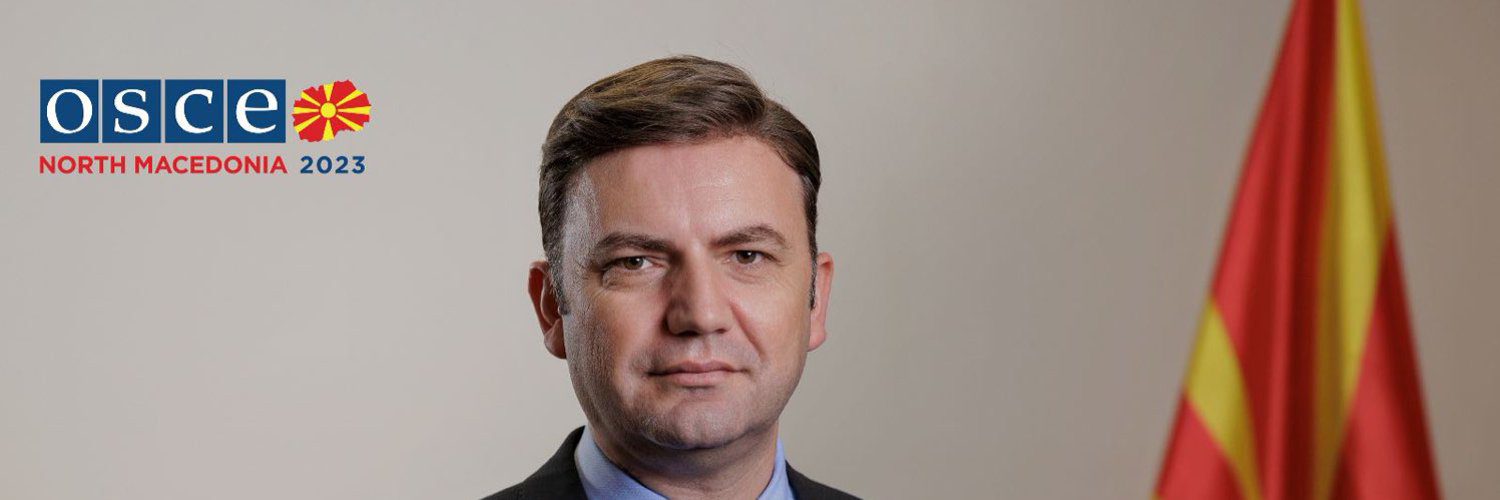The Council and the Parliament today reached provisional political agreement on a proposal to revise the energy performance of buildings directive.
The revised directive sets new and more ambitious energy performance requirements for new and renovated buildings in the EU and encourages member states to renovate their building stock.
Buildings are responsible for over one third of greenhouse gas emissions in the EU. Thanks to this agreement, we will be able to boost buildings’ energy performance, cut emission and tackle energy poverty. This is one more big step closer to EU’s objective of reaching climate neutrality by 2050. Today is a good day for citizens, our economy and our planet.Teresa Ribera, Spanish third vice-president of the government and minister for the ecological transition and the demographic challenge
Teresa Ribera, Spanish third vice-president of the government and
minister for the ecological transition and the demographic challenge
The main objectives of the revision are that by 2030 all new buildings should be zero-emission buildings, and that by 2050 existing building stock should be transformed into zero-emission buildings.
Solar energy in buildings
The two co-legislators have agreed on article 9a on solar energy in buildings which will ensure the deployment of suitable solar energy installations in new buildings, public buildings and existing non-residential ones which undergo a renovation action that requires a permit.
Minimum energy performance standards (MEPS)
When it comes to minimum energy performance standards (MEPS) in non-residential buildings, the co-legislators agreed that in 2030 all non-residential buildings will be above the 16% worst performing and by 2033 above 26%.
Concerning the renovation target for residential buildings, member states will ensure that the residential building stock will reduce the average energy consumption by 16% in 2030 and a range between 20-22% in 2035. 55% of the energy reduction will have to be achieved through renovation of the worst performing buildings.
Phasing out fossil fuels in buildings
Finally, in relation to the plan to phase out fossil fuels boilers, both institutions agreed on including in the National Building Renovation Plans a roadmap with a view to phase out of fossil fuel boilers by 2040.
Next steps
The provisional agreement reached today with the European Parliament now needs to be endorsed and formally adopted by both institutions.
Background
The Commission submitted to the European Parliament and the Council a proposal for a recast of the Energy Performance of Buildings Directive on 15 December 2021. The Directive forms part of the ‘Fit for 55’ package, setting the vision for achieving a zero-emission building stock by 2050.
The proposal is particularly important because buildings account for 40% of energy consumed and 36% of energy-related direct and indirect greenhouse gas emissions in the EU. It also constitutes one of the levers necessary for delivering on the Renovation Wave Strategy, published in October 2020, with specific regulatory, financing and enabling measures, with the objective of at least doubling the annual energy renovation rate of buildings by 2030 and fostering deep renovations.
The existing EPBD, last revised in 2018, lays down minimum requirements for the energy performance of new buildings and of existing buildings that are being renovated. It establishes a methodology for calculating the integrated energy performance of buildings and introduces an energy performance certification for buildings.














